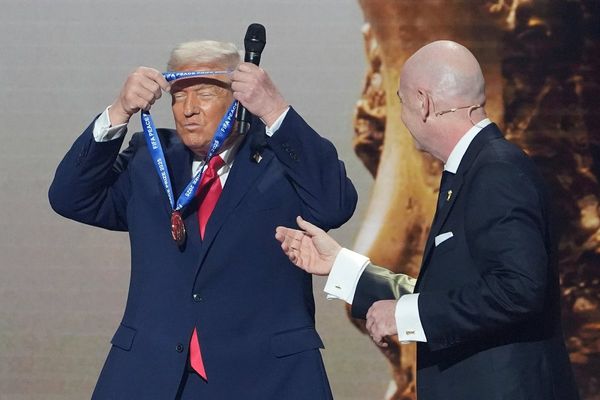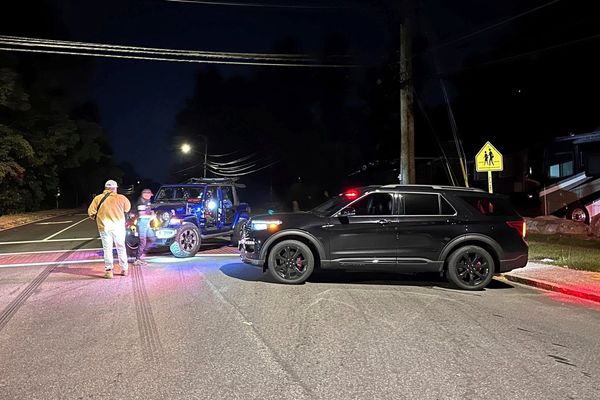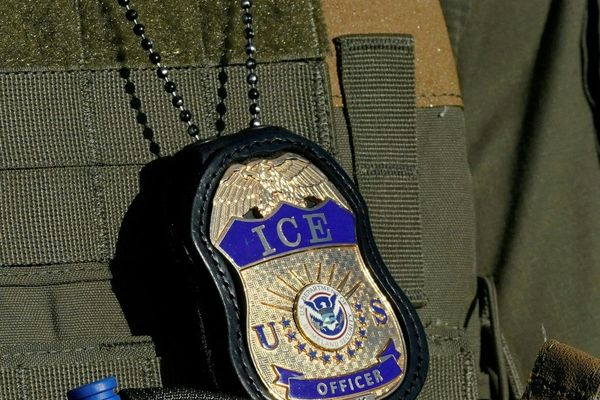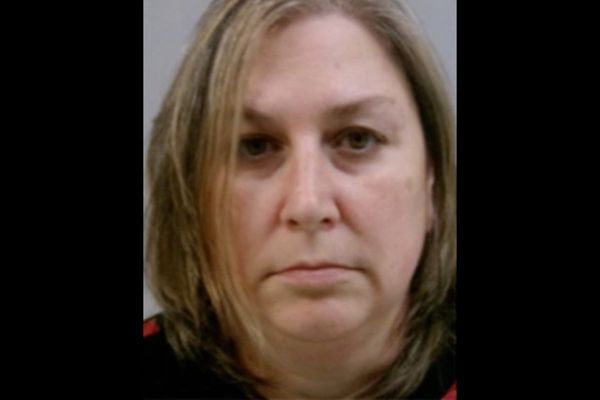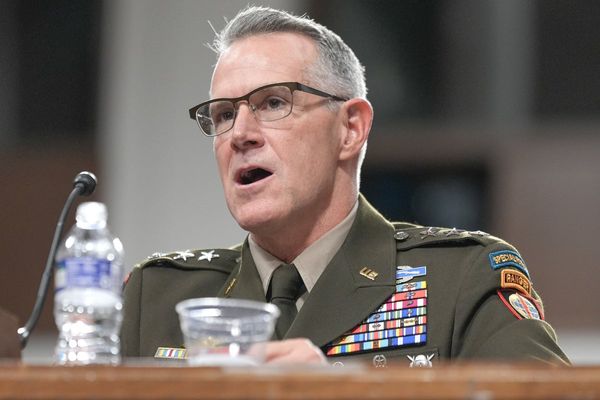
Qantas management and the company’s affidavits have faced the scorn of Federal Court Justice Michael Lee, who has laid out why the national carrier could pay approximately $200 million in compensation to 1,700 illegally sacked baggage handlers, along with penalties and legal fees.
Qantas was found in 2021 by the Federal Court to have illegally sacked the workers in 2020, a decision backed by the High Court on appeal, with the airline deemed to have taken advantage of the pandemic and the limitations it placed on industrial action.
“The general view amongst the pilots is about fucking time”, one Qantas pilot told Crikey. “Qantas has gotten away with murder and needs to be held accountable. Also there is a general feeling that the penalty payments are nowhere near high enough.”
Each worker will likely receive 12 month’s salary and non-economic compensation of between $30,000 and $100,000, with Qantas and the Transport Workers Union (TWU) entering mediation to determine exact amounts. The legal bill for both sides — also to be paid by Qantas — will run into many millions of dollars, and the union is also seeking fines against the airline.
“Qantas should now pay in excess of $100 million in penalties,” the TWU said, noting it was the biggest illegal sacking in Australian history. “This should be worth more than $200 million when all is said and done.”
“The TWU took on Australia’s biggest corporate bully at a time workers were told they were just a casualty of the pandemic,” TWU national secretary Michael Kaine said. “In reality they were victims of a systematic attempt by Qantas to decimate the pay and conditions of its workforce.”
Justice Lee’s decision also details evidence that former Qantas CEO Alan Joyce knew intimately and contemporaneously about the sacking strategy and options around them, despite previous claims by Qantas.
“Alan on Friday wanted to understand the whole range of options, and then identify all the options in between so we can have a conversation around trade-offs,” Qantas executive Paul Jones is quoted by Justice Lee as having said, according to notes presented in the hearing.
The notes were from an internal meeting on June 1, 2020 taken by Brad Popple, a solicitor at Herbert Smith Freehills, that showed how his firm pushed hard its view that the plan to sack workers was legal, against the doubts of Qantas’ top IR consultant Ian Oldmeadow, who was “very concerned about the overall risks”.
The latest blow to Qantas CEO Vanessa Hudson comes on top of a $120 million fine from the Australian Competition and Consumer Commission, which found the airline was liable for knowingly selling tickets for so-called “ghost flights” during the pandemic.
As another Qantas pilot remarked: “With all the fines and compensation they have paid, they could have bought a [Boeing] 787 with cash.”
The biggest raft of illegal sackings in Australian history helped the company’s executives hit targets under its generous executive remuneration scheme. While the Qantas board belatedly trimmed some bonuses for executives (including Alan Joyce), key executives directly responsible for the strategy were still paid millions of dollars.
The question for the Qantas board, which has previously defended the sacking, is whether any further measures will occur. So far, the airline has only moved, albeit with unusual speed and penitence, to demonstrate CEO Vanessa Hudson’s stated desire to improve the company’s relations with staff and its battered public image.
“We sincerely apologise to our former employees who were impacted by this decision and we know that the onus is on Qantas to learn from this,” she said in a statement, as she sought the TWU’s “assistance” on reaching a final settlement. “We recognise the emotional and financial impact this has had on these people and their families. We hope that this provides closure to those who have been affected.”
One Qantas pilot told Crikey, “At least publicly she seems to be trying to rectify the situation and close off all of these legal actions so that she and the company can move forward. But it is a case of too little too late.”
Crikey has heard from several sources that while Hudson is keen to soften the company’s industrial relations approach, she is wary of investors perceiving a possible increase in wages. She faces a big test in resolving payments in this case, as well as sorting out an enterprise bargaining agreement for short-haul pilots, which was recently rejected.
As one pilot told Crikey: “Like a lot of Qantas group employees, the pilots are pissed off and not very happy with management … and not willing to accept a B-grade deal.”
